Red Borneo Kratom is a unique strain of the Mitragyna speciosa tree, native to the island of Borneo. This tropical...

International Kratom Laws: Exploring the Global Landscape
Introduction
Kratom, a plant native to Southeast Asia, has garnered increasing international attention in recent years due to its unique properties and growing popularity. Derived from the leaves of the Mitragyna speciosa tree, Kratom contains various psychoactive compounds that produce complex stimulant and opioid-like effects.
While used traditionally in parts of Southeast Asia, Kratom has become more widely available worldwide thanks to expanded trade and online sales. This global availability has been accompanied by dramatically diverse perspectives regarding Kratom’s risks, benefits, and legal status. Depending on the country, Kratom may be legally sold as a recreational substance, controlled as an illegal drug, or somewhere in between.
This article tackles the complex world of international Kratom laws and regulations, with a particular focus on Malaysian Kratom. It aims to provide a comprehensive overview of the global landscape related to Kratom legality and policy. However, it is not intended as legal advice, as laws are subject to change and interpretation. Readers are advised to consult local laws and regulations in their jurisdiction regarding the use and sale of Kratom products.
Understanding Kratom
Before diving into the global legal perspectives, it is helpful to understand exactly what Kratom is and its various uses.
What is Kratom?
Kratom refers to the leaves of the Mitragyna speciosa tree, which grows naturally in parts of Southeast Asia including Thailand, Malaysia, Indonesia, and Papua New Guinea. The leaves have been used for centuries in traditional practices, often being chewed raw or brewed into tea.
Kratom contains a variety of active compounds, most notably mitragynine, and 7-hydroxymitragynine. These compounds interact with opioid receptors in the brain, producing effects similar to opioid drugs like morphine or codeine. However, Kratom is not technically an opioid itself.
The effects of Kratom depend on the dose, with lower doses acting as a stimulant and higher doses producing opioid-like effects like euphoria, pain relief, and sedation. It has been used to help manage conditions like chronic pain, anxiety, depression, and opioid withdrawal symptoms.
However, Kratom can also have side effects like nausea, constipation, and dependence/withdrawal with consistent use. There are also concerns about potential contamination and adulteration in commercially available products.
Traditional and Modern Uses
In Southeast Asia, Kratom has been used in traditional medicine systems and as part of cultural practices for centuries. Traditional uses include treating diarrhea, fever, diabetes, anxiety, depression, and pain. Leaves may be chewed directly, smoked, or brewed into tea.
In modern times, Kratom has gained popularity worldwide for uses like:
-
Recreational drug - Provides euphoric or sedative effects
-
Pain management - Used as an alternative for pain relief
-
Mood enhancement - Believed to reduce anxiety and depression
-
Opiate withdrawal aid - Said to ease symptoms of opioid discontinuation
Kratom has also become a controversial substance often purchased through online vendors. Products like powders, capsules, tablets, and extracts are common. However, the purity, safety, and legal status of these commercial products varies greatly between jurisdictions.
Global Perspectives on Kratom Legality
Given the psychoactive properties of Kratom’s active compounds, most countries have some form of regulation or policy regarding the plant. However, perspectives on the appropriate level of control diverge sharply across different regions.
International Drug Control Conventions
Most national drug policies are influenced by guidance from international bodies like the United Nations. Kratom is not currently scheduled under any of the UN’s international drug control treaties, including the Single Convention on Narcotic Drugs and the Convention on Psychotropic Substances. Without international restrictions, national policymakers have taken a wide range of approaches to regulating or prohibiting Kratom.
Diverse National Regulatory Approaches
Broadly, national laws fit into one of the following categories:
-
Total ban - Kratom possession, use, and sales are illegal (e.g. Thailand, Malaysia)
-
Controlled or restricted - Kratom is a controlled or regulated substance with certain restrictions (e.g. Australia, New Zealand)
-
Unregulated - Kratom is legal and widely available, often as an herbal supplement (e.g. United States, Canada, and most of Europe)
-
Regional or local bans - Legality determined at a state/provincial or local level (e.g. United States)
However, policies are complex and enforcement can vary even when national bans are in place. The legal implications for purchasing, selling, importing, or possessing Kratom depend heavily on the country and specific jurisdiction.
Southeast Asia
Southeast Asian countries have some of the strictest Kratom regulations due to concerns over traditional use and the potential for abuse. However, enforcement is often localized, and traditional use still occurs despite national bans.
Thailand
Thailand instituted the Kratom Act in 1943 when it prohibited planting Kratom trees. In 1979, Thailand banned Kratom altogether through the Narcotics Act, placing it in the same legal category as heroin or cocaine. Possession of Kratom there can potentially lead to criminal penalties.
Yet Kratom use continues in Thailand, especially in southern regions where trees grow naturally. Thai officials have considered legalizing Kratom to generate tax revenue, but no changes have occurred yet. Enforcement of the ban tends to target large suppliers and sellers rather than individual users.
Malaysia
In Malaysia, Kratom has been illegal under the Poisons Act since 1952. Possession of Kratom can lead to steep fines and long jail sentences - up to 20 years in some cases. But similar to Thailand, Kratom use and sales continue despite the nationwide ban, especially in rural regions.
Recent years have seen additional enforcement efforts by Malaysian authorities to curb illegal Kratom sales and shut down online vendors exporting Kratom powder from the country. But the ban’s impact on traditional use remains unclear.
Other Southeast Asian Countries
Nearby countries like Myanmar and Vietnam have also implemented complete or partial bans on Kratom, often grouping it with other illegal drugs. Enforcement approaches vary.
United States
Kratom regulation in the US happens at both the federal and state levels, leading to a complex legal patchwork across the country. There is currently no federal law prohibiting or restricting the sale of unadulterated Kratom. It is not scheduled under the Controlled Substances Act.
However, the FDA has warned about Kratom’s opioid-like effects and potential for abuse or dependence. They advise against its use in medical treatments, although Kratom is still commonly sold as an herbal supplement.
Some individual states have imposed restrictions ranging from age limitations to complete bans:
-
Alabama, Arkansas, Indiana, Vermont, Wisconsin, Vermont, Tenessee, Rhode Island, Sarasota County - FL, San Diego - CA, Jerseyville - IL - Kratom illegal
-
Other states - No Kratom regulations beyond FDA oversight
This state-by-state variation creates a complex legal environment for consumers, distributors, and retailers looking to buy or sell Kratom products. Local authorities determine enforcement approaches.
European Union
The EU has no unified Kratom regulations in place. Legality varies between member countries, ranging from controlled substances to unregulated herbal supplements.
Some EU members with strict regulations:
-
Denmark - Kratom illegal since 2017
-
Latvia - Illegal as of 2022
-
Poland - Kratom banned
-
Romania - Illegal as a psychoactive substance
Other EU countries like Germany, Italy, Spain, and most of Eastern Europe have no Kratom-specific policies. In the UK, an earlier proposed ban was scrapped after public backlash. Kratom often falls into a legal grey area in many European jurisdictions.
The Case of Malaysian Kratom
Malaysia holds special significance in the global Kratom industry as a major cultivation and export hub, despite Kratom’s illegal status domestically. This creates an unusual legal situation with complex policy implications.
Malaysia as Top Global Supplier
Malaysia is one of the largest Kratom exporters in the world, with wild trees grown primarily in the northern Borneo region. Malaysian Kratom powder and extracts are prized for their potency and quality.
Most Malaysian Kratom is exported to Western countries where it is legal and imported as an herbal supplement. The US and Europe are the top consumers of Malaysian Kratom products.
Yet Malaysia strictly prohibits Kratom sales and possession by its citizens. Export is permitted, but domestic vendors and users face harsh penalties if caught by authorities.
Regulating the Kratom Industry
Malaysian law enforcement has increased efforts in recent years to curb illegal Kratom activities. Tactics include:
-
Targeting large suppliers and underground vendors
-
Raiding businesses suspected of selling Kratom locally
-
Busting online operations illegally shipping Kratom abroad
-
Harsh penalties for citizens caught possessing Kratom
Authorities mainly aim to control the black market and restrict youth access to Kratom at home. However, the boost to export industries from foreign demand creates conflicting economic incentives for regulators.
Re-Examining the Ban?
Some Malaysian lawmakers have suggested rescinding the blanket Kratom ban to allow regulated sales and exports. Potential benefits include:
-
Generating tax revenue from legal production and export
-
Improving product safety via quality control regulations
-
Undercutting dangerous black market Kratom vendors
-
Preserving traditional use of native plant species
However, skepticism remains about whether the public health risks outweigh the potential economic benefits. For now, Malaysia's prohibition remains despite being a top global Kratom supplier.
Implications for Consumers
For consumers of Malaysian Kratom abroad, the murky legal status raises questions about reputable sourcing. Buying through an established vendor that deals directly with growers is ideal. This helps ensure:
-
Labor standards are followed in cultivation
-
Harvesting and processing methods maximize quality
-
Products are pure without contamination
-
Sales adhere to all applicable import laws
Conscientious consumers should research vendors carefully and avoid unpredictable black market Kratom sources.
The Role of International Bodies
While individual nations control Kratom policy within their borders, guidance from transnational organizations can influence national lawmakers. Two key international bodies are the World Health Organization (WHO) and the United Nations (UN).
World Health Organization
The WHO has tracked Kratom use and conducted health risk assessments given its emergence worldwide. In a 2020 report, the WHO recommended stricter international controls based on safety concerns.
Key findings influencing their position include:
-
Evidence of recreational use and addiction potential
-
Lack of scientific studies on medical benefits
-
Adulteration and contamination risks in commercial products
-
Reported side effects like seizures and psychosis
The WHO stance puts increased pressure on authorities to regulate Kratom locally. But critics argue the evidence is still too limited to warrant strict bans.

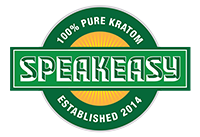
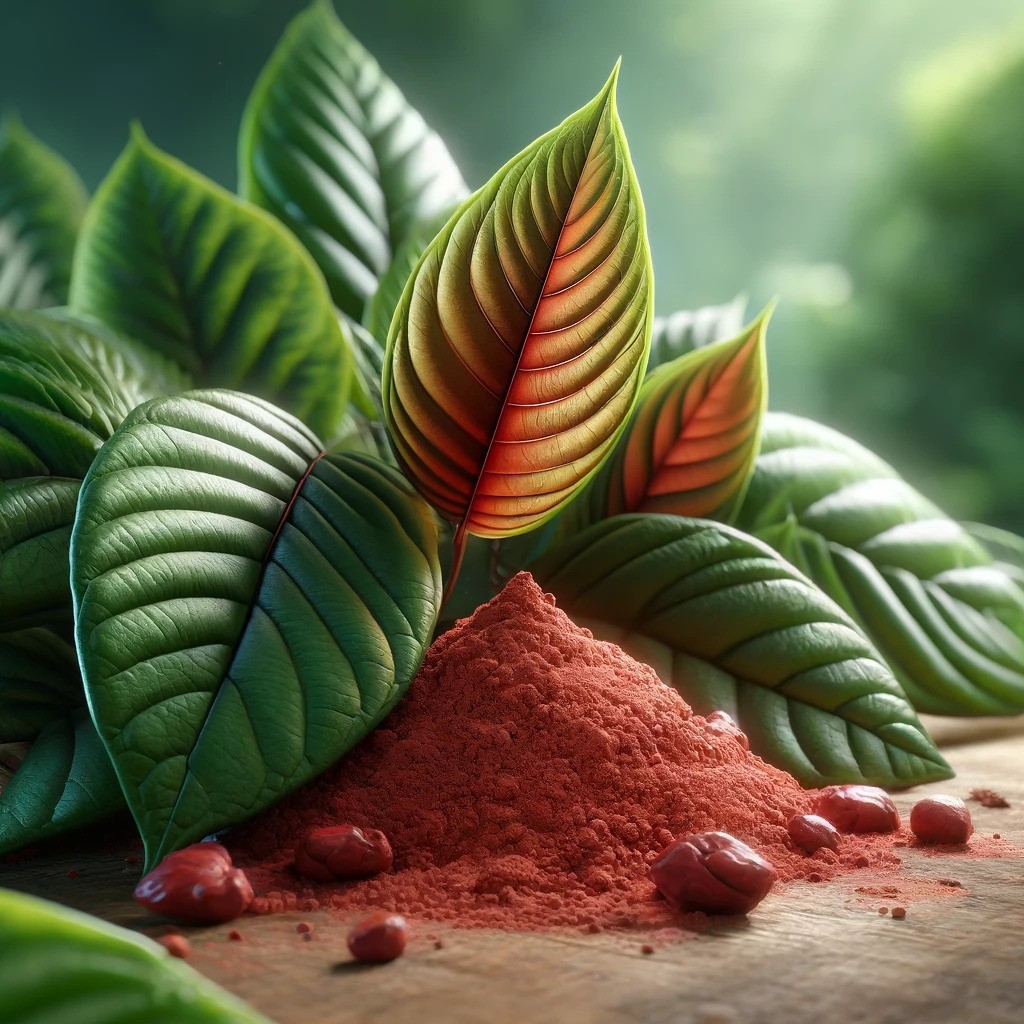
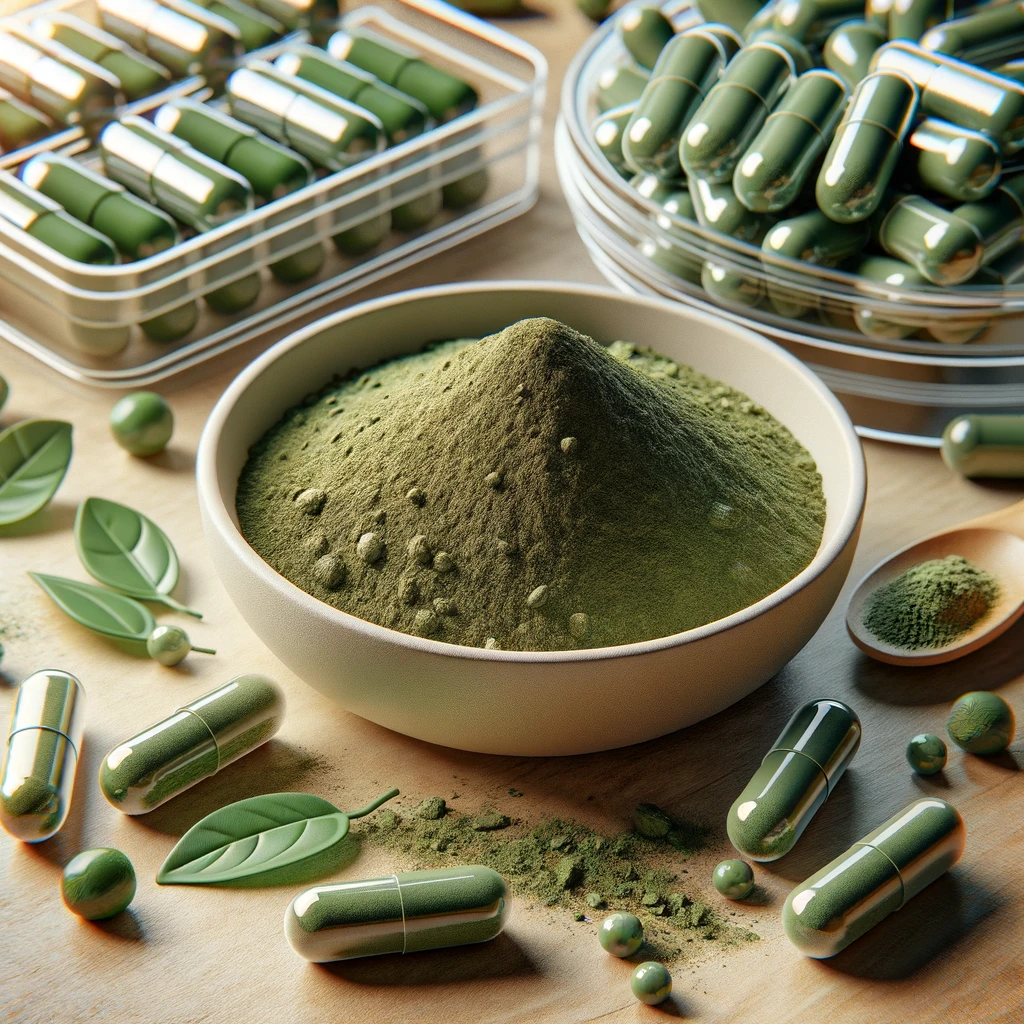



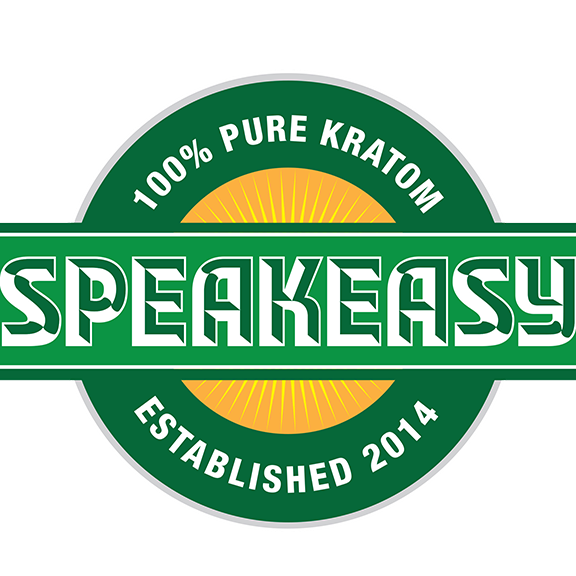
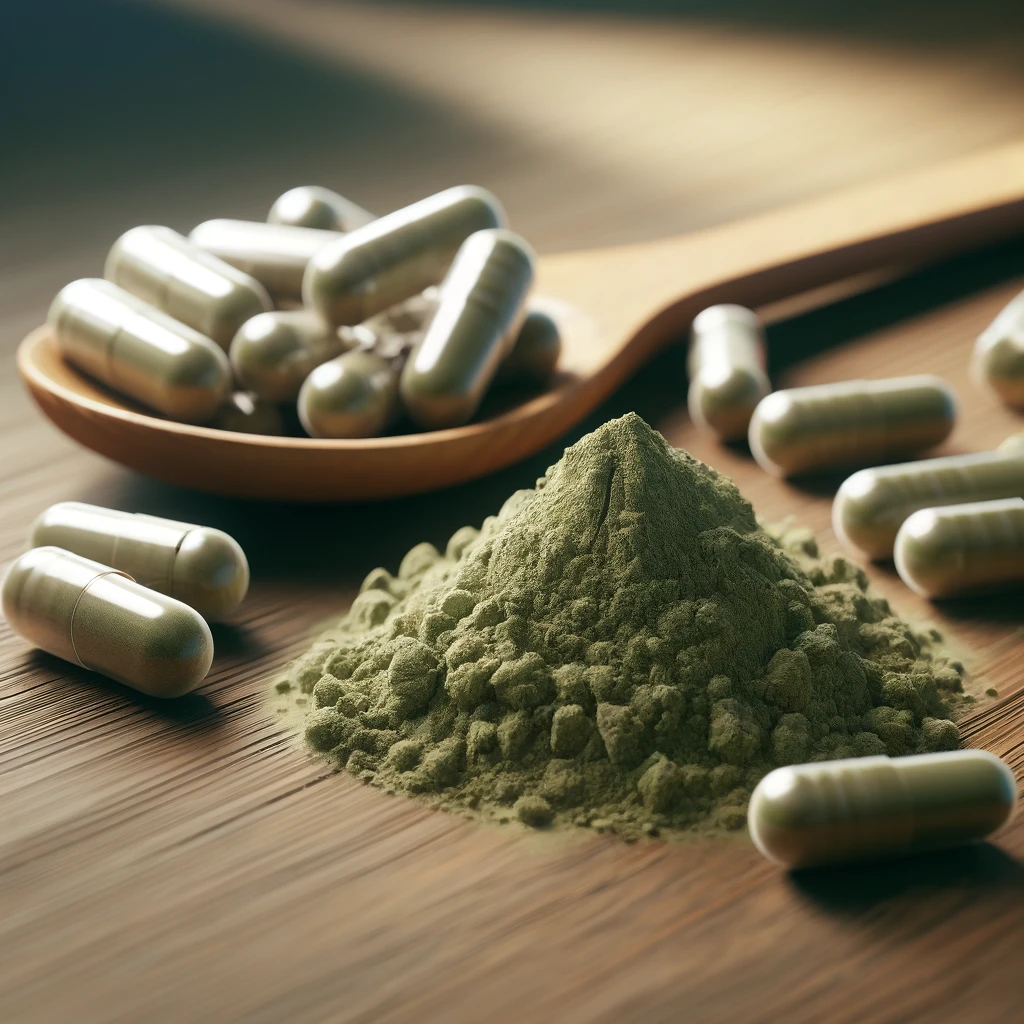
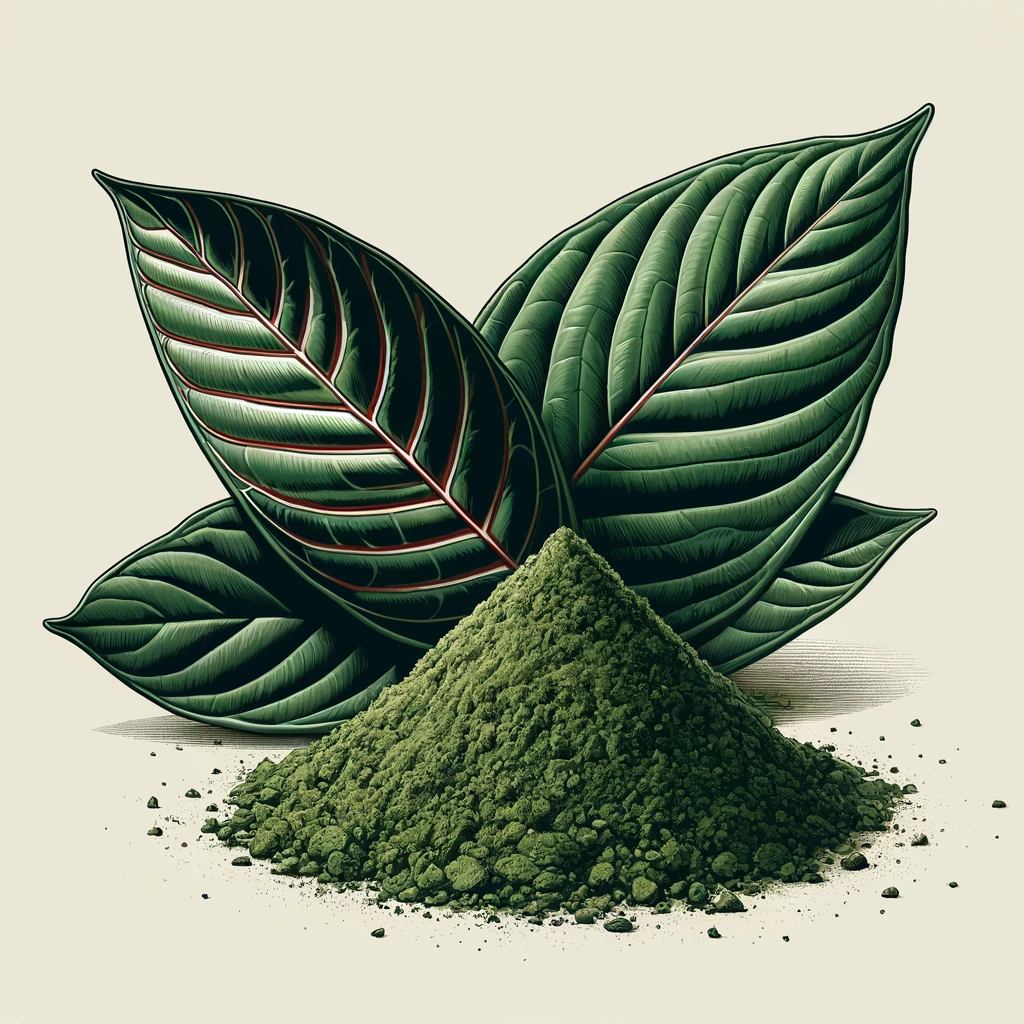

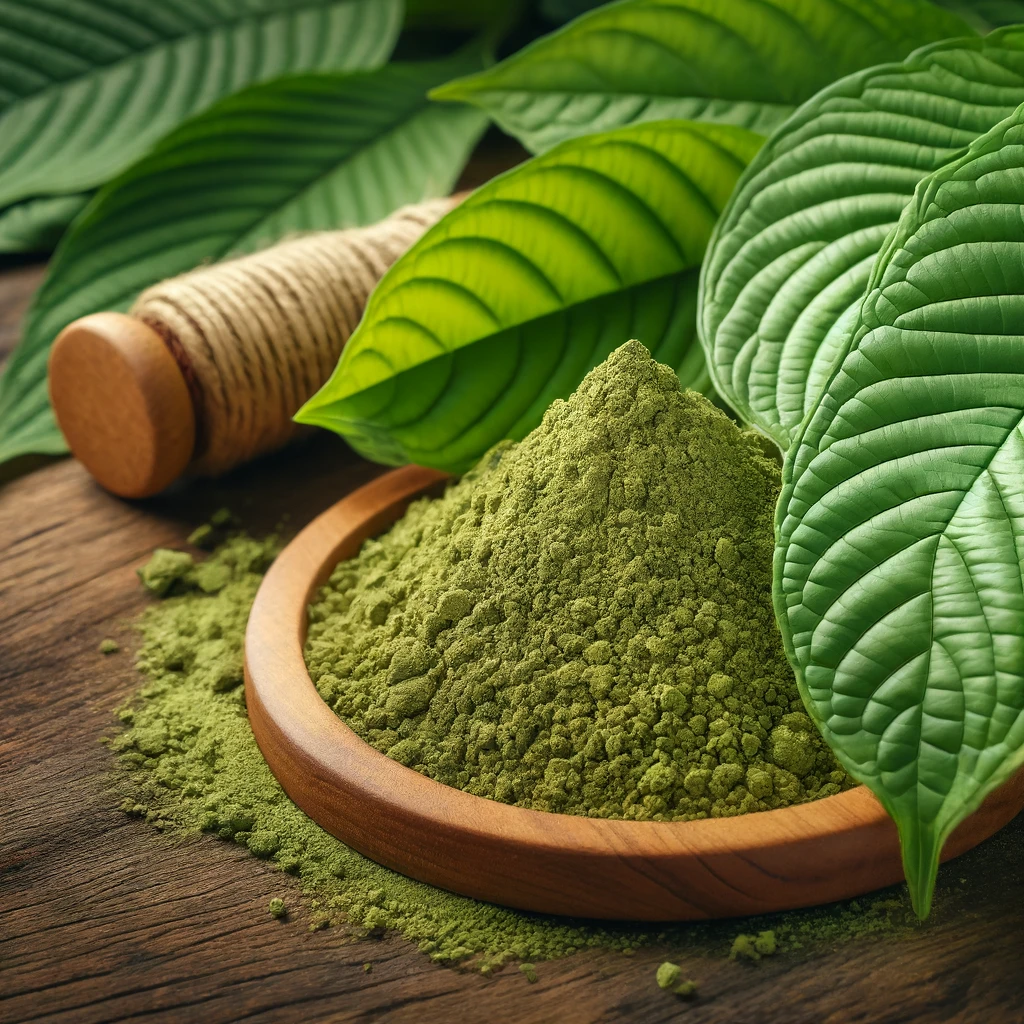
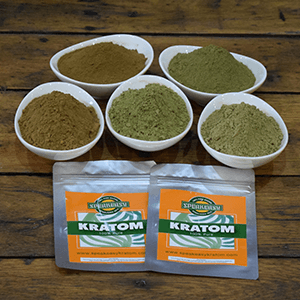
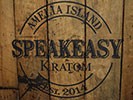
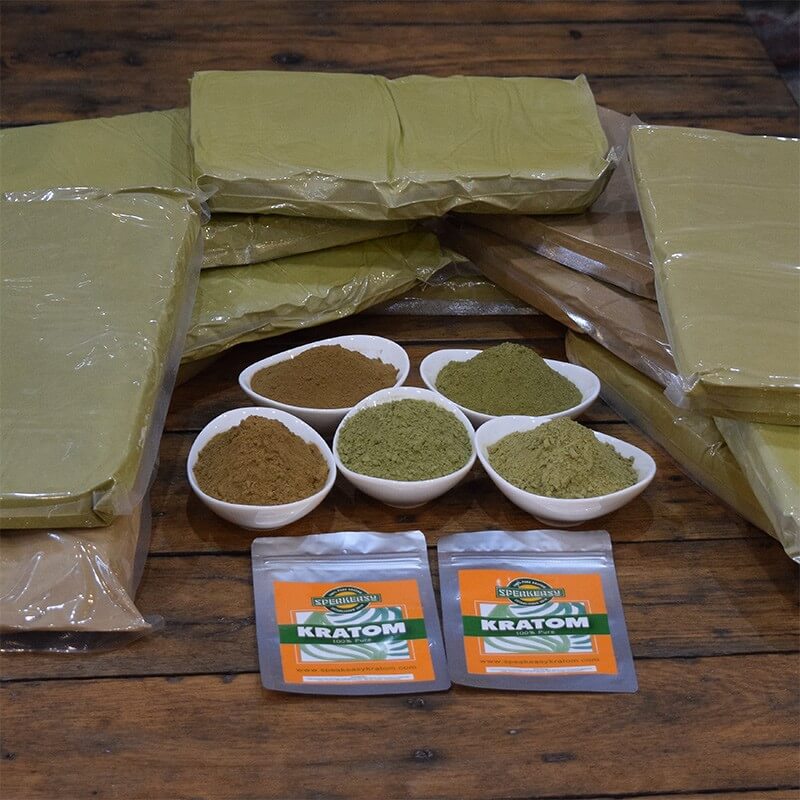
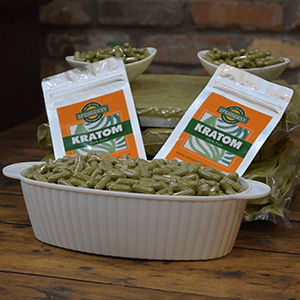
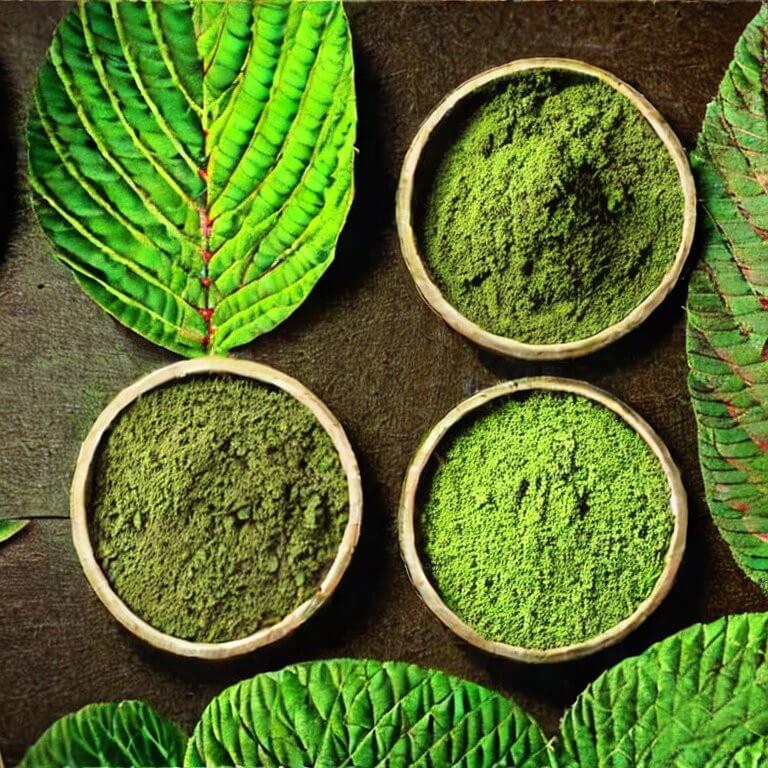
Leave a comment